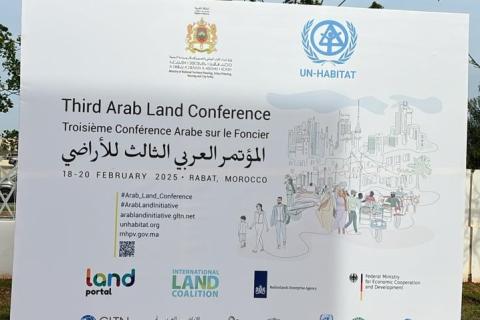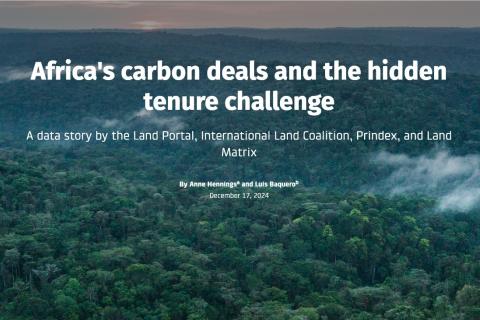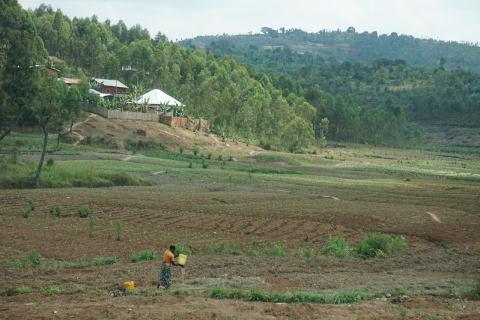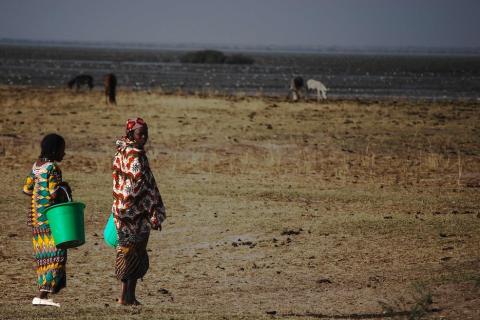Between commitments and action: Milestones from the Third Arab Land Conference
The Third Arab Land Conference, held in Rabat, Morocco from 18-20 February 2025 opened an avenue of possibilities for improving policies and practices to govern land in the Arab world. From the launch of several groundbreaking initiatives to empowering women and youth, and fostering data transparency and academic excellence, the event showcased commitments and collaborative work shaping the future of land governance in the region.












